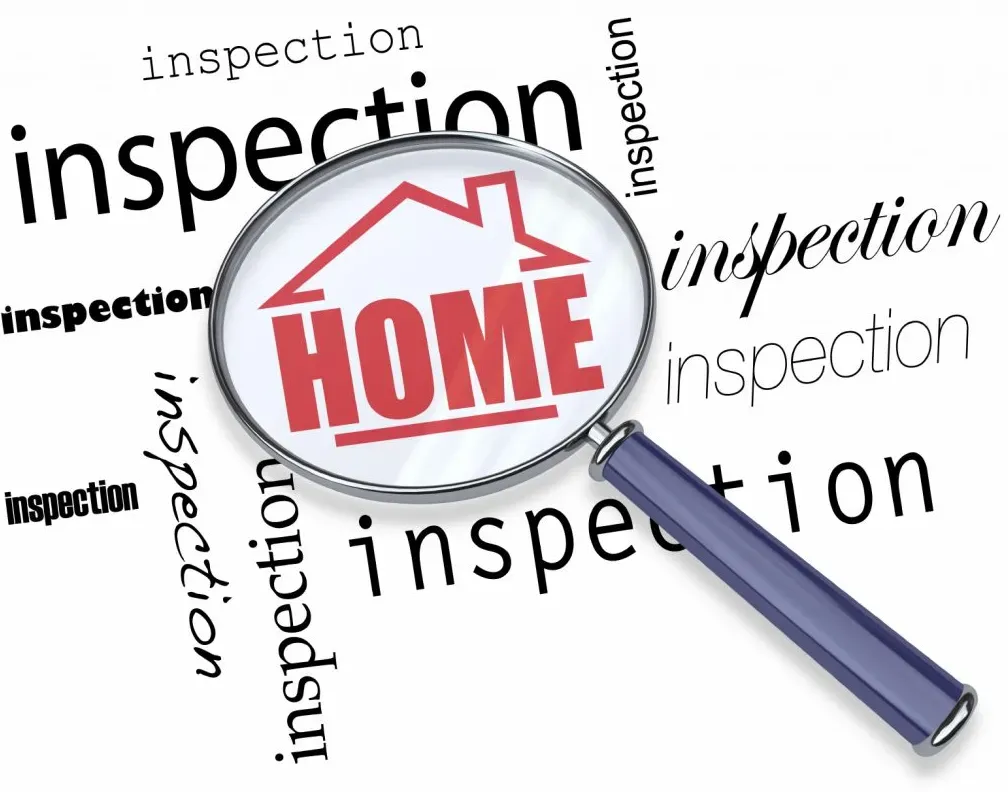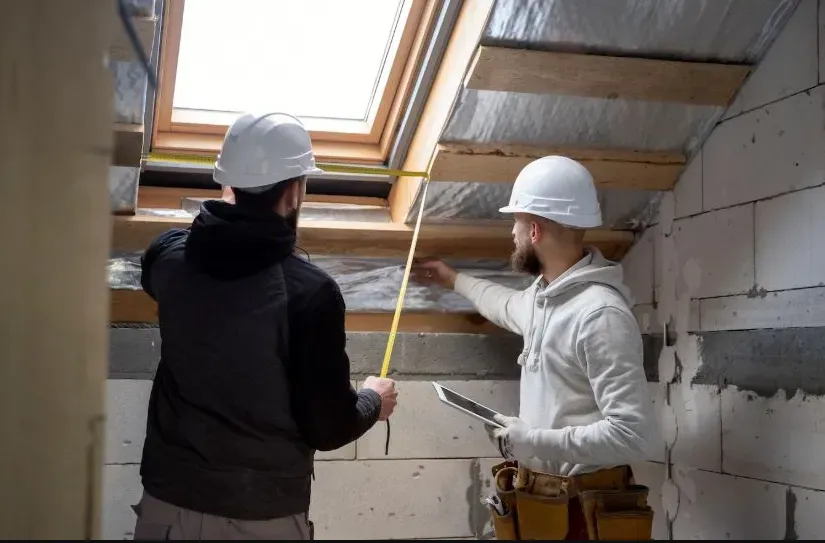Choosing the Right Home Inspector in India: What to Look For and Questions to Ask in 2025

By
Shrusti Naik
Posted on July 28, 2025. 10 mins

Choosing the Right Home Inspector in India: What to Look For and Questions to Ask in 2025
Introduction

In April 2025, a first-time buyer in Bengaluru signed the sale deed for a ₹1.1 crore flat, only to discover within weeks that the concealed plumbing lines were corroded and the lift-starter panel was not fire-rated. Repair estimates crossed ₹6 lakh. The buyer’s only lapse: skipping a professional home inspection because “the apartment looked perfect”. Stories like these are multiplying because residential home inspections in India have grown 38 % year-on-year yet remain optional for most buyers. The question is no longer should you inspect, but how you choose an inspector who can spot the invisible before you sign the invisible. You may want to check Understanding Real Estate Taxes
1. Credentials First: Look for the Licence and the Logo
Begin with the basics: is the inspector licensed, certified, and insured? In 2025, RERA-recognised inspectors carry a unique registration number issued by state-level boards, Maharashtra’s MahaRERA started issuing these in 2024; Karnataka followed in January 2025. Ask to see the certificate of completion from bodies such as InterNACHI or ISHRAE; these confirm at least 120 hours of technical training and ongoing education. A quick cross-check on the MahaRERA portal or K-RERA website prevents you from hiring a “weekend hobbyist” who once attended a two-day workshop. Without current certification, any report you receive can be challenged by sellers or lenders. Check out Will the Rupee Depreciate Further? How It Affects You
2. Experience on the Ground: Years Matter, References Matter More
Experience is not simply the number of inspections logged; it is the diversity of building types and severity of issues uncovered. Ask, “How many RCC-framed high-rises over 15 floors have you inspected in the last 12 months?” An inspector who has spent the last decade only on low-rise villas may miss shear-wall cracks common in tall towers. Creative PropTech’s 2025 guide recommends requesting three verifiable references from buyers who closed in the last six months; follow up with two quick calls. If the inspector hesitates, move on.
3. Scope of Work: What Will They Actually See and Say
A thorough home inspection in India 2025 should cover structural integrity (foundation, beams, columns), waterproofing, electrical safety, plumbing pressure tests, and fire-code compliance. Ask the inspector to walk you through a sample report, look for photographs with thermal overlays, moisture-meter reading, and load-bearing capacity note. Be wary of inspectors who promise a “complete check” but exclude concealed plumbing or lift-machine rooms; these exclusions often hide where the real money drains away. HomeInspeKtor’s 2025 checklist explicitly lists seepage, electrical up-to-code verification, and sewage routing as non-negotiables. Check out this Property Management for NRIs: A Seamless Guide to Handling Your Indian Assets from Abroad
4. Cost vs Value: Paying ₹8,000 Today vs ₹8 Lakh Tomorrow
Across metros, inspection fees range ₹6,000–₹15,000 for a 1,000 sq ft flat, depending on city and add-ons like thermal imaging or drone roof scans. A ₹12,000 comprehensive inspection that catches concealed seepage behind gypsum partitions can save ₹3–5 lakh in post-possession repairs. Ask if the fee includes a reinspection after seller fixes; many 2025 packages now bundle one follow-up visit within 30 days, ensuring promises are kept.
5. Digital Report & Liability: Your Safety Net
Insist on a digitally signed PDF report with time-stamped photographs and hyperlinked defect explanations. The best inspectors also provide a short executive summary in Hinglish or regional language for elderly co-buyers. Crucially, verify professional indemnity insurance, minimum ₹50 lakh coverage is now standard among tier-one firms. If the inspector misses a latent defect later proven in court, the policy covers rectification costs. Creative PropTech’s April 2025 blog warns that fly-by-night operators rarely carry insurance, leaving buyers to foot hefty bills.
6. Post-Inspection Dialogue: Questions That Extract Answers
After the walk-through, ask:
– “Is this crack structural or cosmetic, and what would you budget to fix it?”
– “Do I need a specialist—structural engineer, plumber, or electrical consultant—for any item you flagged?”
– “Which two issues would you address first if you were buying this home?”
These questions convert a generic report into a prioritised repair roadmap, helping you negotiate credits or price reductions before signing the sale deed . You might also like Fractional Ownership of Real Estate in India 2025: How Smart Indians Are Buying a Slice of the Skyline Without Breaking the Bank
Conclusion

In 2025, choosing the right home inspector in India is less about cost and more about credibility, coverage, and communication. Verify the licence, interrogate the scope, and lock in a digital, insured report. The ₹12,000 you spend today is the cheapest insurance you will ever buy against a ₹6 lakh surprise tomorrow. For those in pursuit of their dream home, investment opportunities, or a sanctuary to call their own, Jugyah provides top housing solutions with its intelligent technology.
Frequently Asked Questions
Q1. Is a home inspection mandatory in India 2025?
No law mandates it, but banks and RERA-registered projects increasingly insist on a clean inspection report before loan disbursement.
Q2. How long does a typical inspection take?
For a 1,000 sq ft flat, 2.5–3.5 hours; add an extra hour for thermal imaging or terrace drone scans.
Q3. Can I accompany the inspector?
Absolutely. Walking alongside the inspector helps you understand severity levels and ask real-time questions.
Q4. What if the inspector misses a defect?
If the firm carries professional indemnity insurance, you can claim repair costs up to the policy limit, ensure the policy number is on the report.
Q5. Do sellers also benefit from a pre-listing inspection?
Yes. A seller-commissioned report with repair receipts attached accelerates buyer confidence and reduces negotiation delays by up to 40 % .